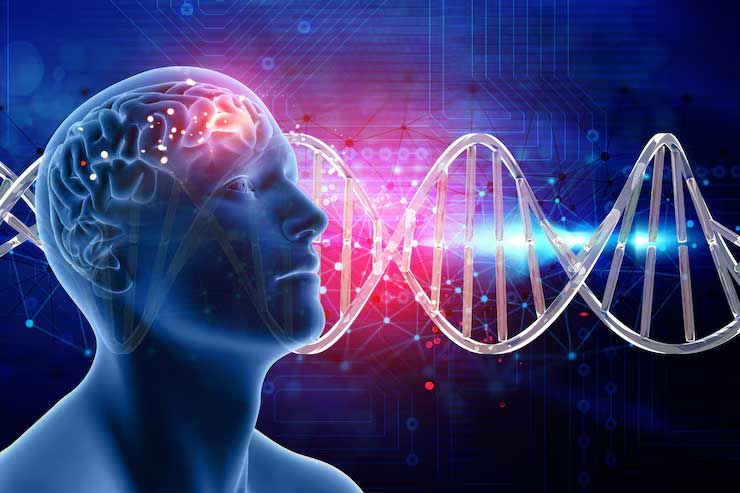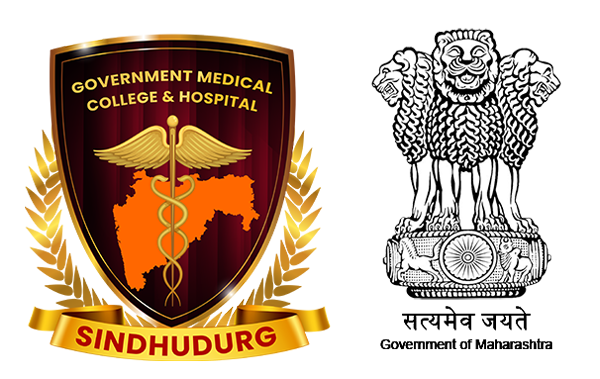 About Psychiatry Department
About Psychiatry Department
Goals
The broad goal of teaching of undergraduate student in Psychiatry is to impart such knowledge and skills that may enable them to diagnose and treat common psychiatric disorders, handle psychiatric emergencies and to refer complications/unusual manifestation of common disorders and rare psychiatric disorders to the specialist.
Objective
At the end of the course the student shall be able to:
- Comprehensive nature and development of different aspects of normal human behavior like learning ,motivation, personality & intelligence;
- Recognize difference between normal and abnormal behavior;
- Classify psychiatric disorders;
- Recognize clinical manifestations of the following common syndromes and plan their appropriate management of organic psychosis, functional psychosis, schizophrenia, affective disorders, neurotic disorders, personality disorders, psycho-physiological disorders, drug and alcohol dependence, psychiatric disorders of childhood and adolescence;
- Describe rational use of different modes of therapy in psychiatric disorders.
- Ability to promote mental health and mental hygiene,
- Knowledge of etiology (bio-psycho-social-environmental interactions),clinical features, diagnosis and management of common psychiatric disorders across all ages,
- Ability to recognize and manage common psychological and psychiatric disorders in a primary care setting, institute preliminary treatment in disorders difficult to manage, and refer appropriately,
- Ability to recognize alcohol/ substance abuse disorders and refer them to appropriate centers.
- Ability to assess risk for suicide and refer appropriately.
- Ability to recognize temperamental difficulties and personality disorders.
- Assess mental disability and rehabilitate appropriately.
- Understanding of National and State programmes that address mental health and welfare of patients and community.
- The teaching should be aligned and integrated horizontally and vertically in order to allow the student to understand bio-psycho-social-environmental interactions that lead to diseases/disorders for preventive, promotive, curative, rehabilitative services and medico-legal implications in the care of patients both in family and community.
